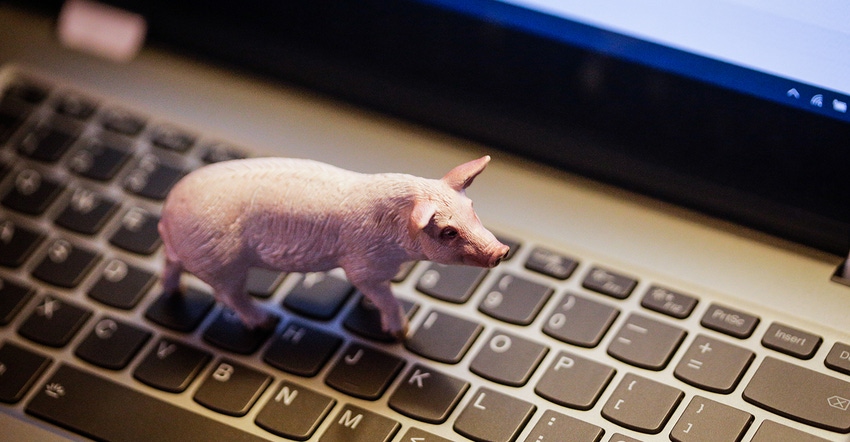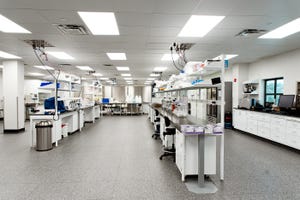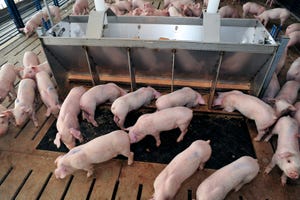Technology advancements will continue, but can’t replace caretakers
Goal of precision systems is to make the caretakers more efficient at the job they must do.
October 3, 2019

By Jon Holt and Rhea Hebert, North Carolina State University
Technology is ever present on today’s hog farms, and who knows what the future holds for advancements to aid producers in making their operations run more smoothly.
North Carolina State University recently hosted the first International Symposium on Precision Systems and Data Analysis in Animal Agriculture in Raleigh. The symposium was held on the Centennial Campus, a location already known for University-industry partnerships in technology. More than 90 attendees from a wide range of backgrounds in production, industry and academia shared in discussing the role technology will have in solving challenges with a growing need for increased production of food animals and the growing world population.
One of the goals of the symposium was to bring together multiple species and multiple fields of study to bring a wide perspective on the technology already available and the technology needed in animal agriculture. This was evident from the 13 speakers which included producers, university researchers and industry representatives.
The opening presentation emphasized the need for data that lead to action. This message continued throughout all speakers as they discussed not only ways to collect data, but also analyze that data. With representatives from companies such as Alltech, Nedap and Christensen Farms presenting, the conference showcased plenty of the experiences of using precision systems in animal agriculture.
Natalie Wisniewski of Profusa Tech, whose company primarily works in implantable sensors for human medicine, introduced new ideas and discussed how sensors being used for humans may have an application in animal agriculture. Similarly, David Roberts from the NCSU Department of Computer Science, presented work on data analysis of behavior in service animals that has clear potential in improving the assessment of animal welfare in livestock systems.
Regardless of how sophisticated or advanced the technology being discussed might have been, one message was still clear at the symposium; we can never take the caretaker out of animal production, rather it is the goal of precision systems to make the caretakers more efficient at the job they must do.
Besides the speakers at the symposium, attendees also had a chance to experience some of the technology and data analysis in animal agriculture research being conducted at NCSU through a graduate student poster presentation.
Chelsea Phillips, a graduate student in the Prestage Department of Poultry Science, won the contest with her work in supervised machine learning techniques. The graduate student poster session and awards were sponsored by the National Pork Board. Other funding for the symposium was provided by the NCSU Food Animal Initiative. The Food Animal Initiative has an ambitious goal of helping North Carolina become the world leader in food animal sciences by coordinating new research with proven infrastructure. The College of Agriculture and Life Science has partnered with the College of Veterinary Medicine to lead this transformative effort and, as it grows, will enlist the support of our partners at NCSU, other land grant universities, government and industry.
As the world population continues to grow, global diets are increasing the demand for animal products. There is not enough water or land to simply scale up the present agricultural practices. We need innovation in the biosciences. Data and precision systems can move animal agriculture into a future that solves both human and animal challenges.
Sources: Jon Holt and Rhea Hebert, who are solely responsible for the information provided, and wholly own the information. Informa Business Media and all its subsidiaries are not responsible for any of the content contained in this information asset.
You May Also Like



